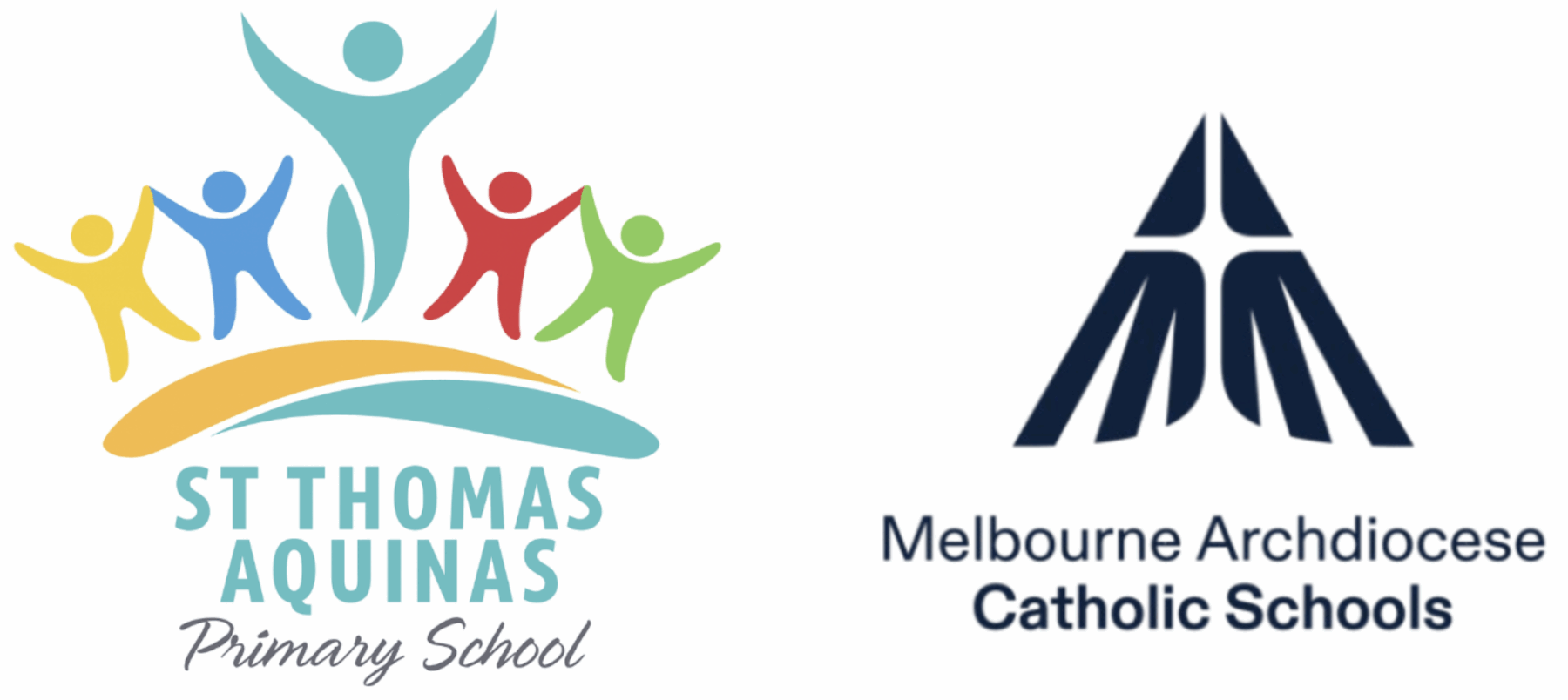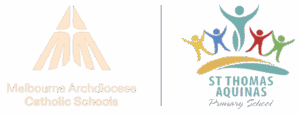Our Approach to Inquiry
The Inquiry Cycle
Our Inquiry learning follows a six-stage cycle that supports students in exploring big ideas and making discoveries that matter:
Tuning In – Students are introduced to a topic and invited to share prior knowledge, experiences, and questions. This stage builds engagement and curiosity.
Finding Out – Learners gather information from a range of sources, including texts, experts, and hands-on experiences.
Sorting Out – Students organise and analyse what they have discovered, identifying patterns, key themes, and areas for deeper exploration.
Going Further – Students extend their inquiry by pursuing personal questions or projects, following their interests in greater depth.
Making Connections – Learners link new knowledge with prior understanding, seeing how concepts fit together across different areas of learning.
Taking Action – Inquiry leads to action. Students apply their learning to make a difference, whether through creating, sharing, or contributing to their school or wider community.
Skills for Life
Through Inquiry, students develop skills that go beyond the classroom: critical thinking, collaboration, creativity, and the ability to communicate effectively. They learn to take responsibility for their own learning and see themselves as problem solvers who can influence the world around them.
Just as importantly, Inquiry cultivates key learning dispositions such as curiosity, resilience, flexibility, empathy, and independence. These dispositions shape how students approach challenges and opportunities, preparing them not only for academic success but also for life beyond school.
Authentic Connections
Inquiry often links with Religious Education, English, Mathematics, and other learning areas, allowing students to see how knowledge connects across disciplines. Real-world contexts and community partnerships further enrich the learning, making it relevant, purposeful, and engaging.


